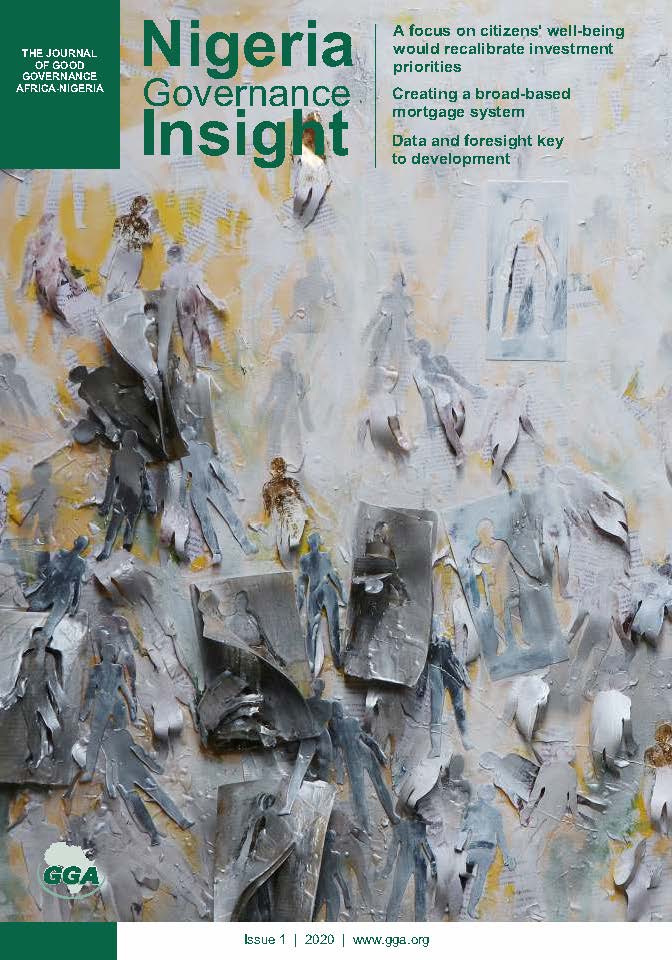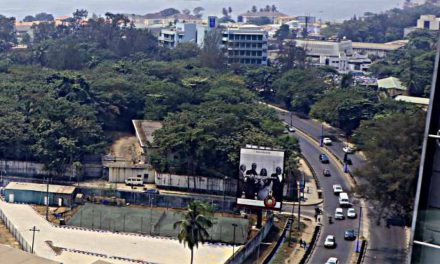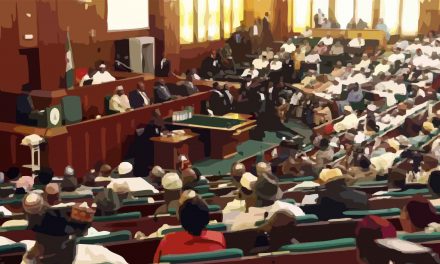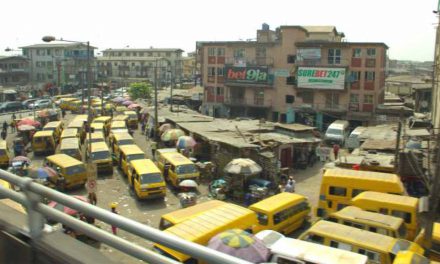Since President Muhammadu Buhari assumed office in 2015, there has been a marked deterioration in Nigeria’s security situation. Amid the deterioration, the Nigerian Police Force (NPF) is widely adjudged as under-resourced and ill-equipped for effective policing. Although Buhari inherited the Boko Haram (BH) conflict in the northeast and the unrest in the Niger Delta region, his tenure has also seen other sources of insecurity grow in profile. These include the spike in inter-communal conflicts, herder-farmer clashes, kidnappings for ransom, Shia confrontations with the police/army, and other threats. Demands from Nigerians for broad-based policing reform have thus become more strident.
This analysis posits that attention should be given to reshaping Nigeria’s policing architecture. A successful devolution of federal policing responsibilities to regions will impact broadly to alleviate insecurity drivers. This paper therefore advances a groundbreaking proposal based on regional policing, as opposed to state-controlled police forces. Besides bolstering the weak federal police, regional forces will help address the political controversies that have dogged past attempts to devolve policing powers. The recommendations advanced here, if well implemented, will ensure depoliticisation, in-built inclusiveness and greater democratic control over new regional police formations to be controlled collectively by the governors in each of Nigeria’s six geopolitical zones.












